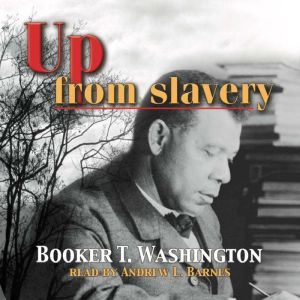About Booker T. Washington
Booker T. Washington (1856–1915) was an educator, race leader, author, and founder of the Tuskegee Normal and Industrial Institute in Alabama. He was born on April 5, 1856, in Franklin County, Virginia, the son of a white slave owner he never knew and a black slave. Freed from slavery after emancipation in 1865, Washington worked as a houseboy, during which time he learned to read and write. At the time it was illegal to educate slaves in schools, so Washington's only exposure to them was when he carried his employer's daughters' books to school for them. He studied to be a teacher at the Hampton Normal and Agricultural Institute in Virginia, a school for young blacks, and eventually became a writer and speaker on black issues and struggles.
In 1881, Washington was appointed principal of the newly opened Tuskegee Normal and Industrial Institute in Alabama, and he built it up into a major center of black education. By cooperating with white people and enlisting the support of wealthy philanthropists, he helped raise funds to establish and operate hundreds of small community schools and institutions of higher education for blacks. Washington had learned early the values of hard work and industrial skills and they became the foundations for the school.
For a number of years, Washington toured as a lecturer, expressing his philosophy on racial advancement, education, and accomodationist compromises for blacks. His eloquent "Atlanta Compromise" speech on September 18, 1895, at the Atlanta Cotton States and International Exposition positively appealed to northern and southern whites and blacks from the south. The fates of all were inextricably bound, he said, and he pled for greater understanding and perseverance. He emphasized that through hard work, self-discipline, and education blacks would gain their deserved respect.
Though he was strongly criticized by W. E. B. Du Bois and other black leaders and his policies repudiated by the civil rights movement, Washington remains the foremost black leader of the late 1800s. In 1901, he published his autobiography, Up From Slavery, which is still widely read today.




